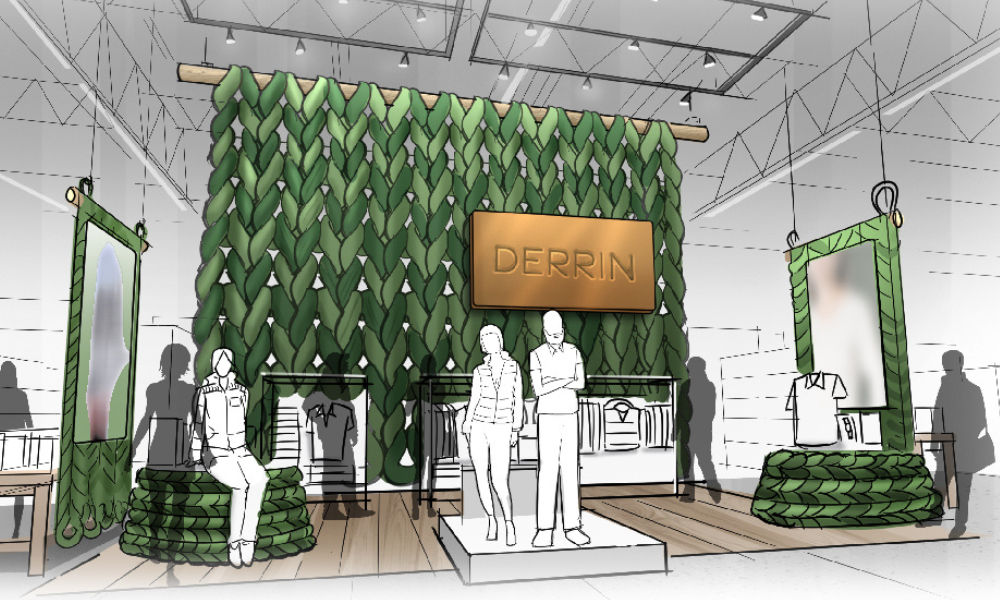IN THE PAST DECADE, India has seen a multifold increase in pet ownership, owing to rising disposable income largely in the middle class, more nuclear families, rapid urbanization and the changing attitude of people towards humanizing pets as part of the family.
According to Global Market Insight and Euromonitor, though the Indian pet care industry is estimated at less than 0.8 percent of global industry valued at $190.1 billion USD in 2018, it is among the fastest-growing markets, with a projected compounded annual growth rate (CAGR) of about 17 percent in comparison with a global rate of 5.2 percent. According to The Hindu Business Line, the Indian pet care industry was estimated to reach $430 million USD by 2020. Today, India is home to about 20 million pet dogs and about 19 million other pets, with about 0.6 million more being adopted every year.
The restricted pandemic lifestyle has seen increased mental health-related issues leading to depression and anxiety across segments of society in India. In these times of isolation and loneliness, pets have emerged as widely accepted pacifiers that offer unconditional companionship, emotional support and a sense of purpose. Not surprisingly, there has been a spike in the adoption of pets across India, leading to the growth in the demand for pet food, pet pharmaceuticals, grooming accessories and toys.
This trend is reinforced by The Hindu Business Line, which reports that during the current lockdown, puppy and kitten adoption rates have gone up more than 50 percent and 40 percent respectively, driving growth of revenue in specialized stores, multi-brand retailers and online stores, a strongly emerging new channel. The spike in business has encouraged players to invest in upgrading their products, services and experiences across channels. Here are a few favorites that stand out from the pack, garnering faithful patronage from their furry customers offline and online.
Advertisement
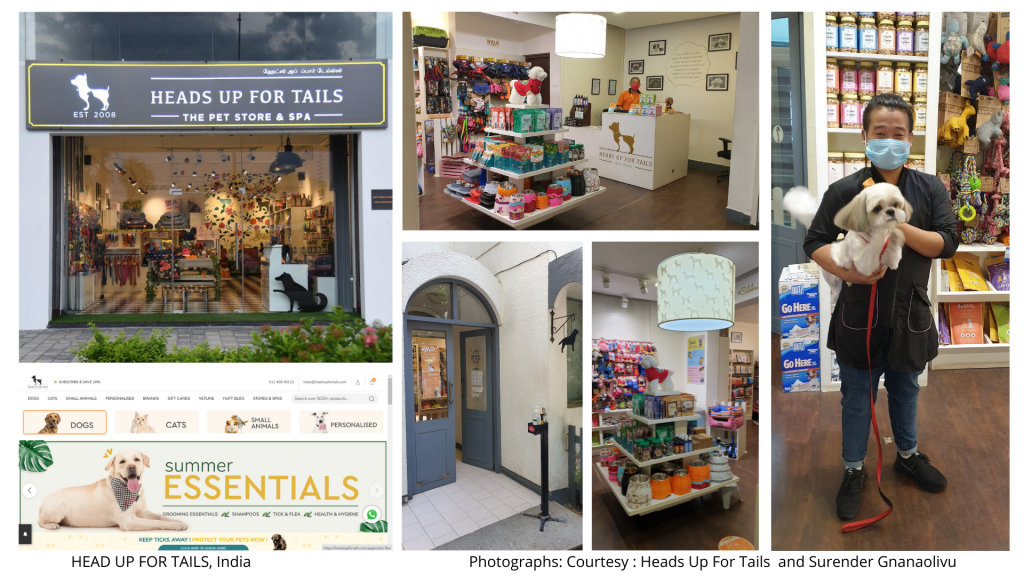
Head Over Tails for Pets
Heads Up For Tails, founded by Rashi Narang in 2008, started with her passion for dogs, pets and her vision to be “India’s exclusive luxury brand for ‘pawsh’ and fun doggie couture.” It offers more than 1000 products spanning 80 brands, including a private label organic grooming line, and an immensely popular selection of personalized dog collars, beds, wag tags and grooming services across 35 grooming centers in nine cities throughout India. Its popularity among millennials customers has led to growth of a staggering 91 percent year over year across offline and online channels, which share 60 percent and 40 percent in revenue respectively. In 2019, Heads Up completed a pre-series A funding round (worth $10 million USD) to expand its network and b2b distribution. The pandemic has seen its business grow two to three times in each center, encouraging the addition of 20 more stores this year across India and Singapore.
The store experience is a combination of professional branding, modern ambience, presentation, and professionally trained, pet-friendly groomers augmented with a user-friendly website and strong social media presence. Rashi has also been actively helping find homes for stray or abandoned pups, sponsoring medical treatments and supporting animal-related causes.
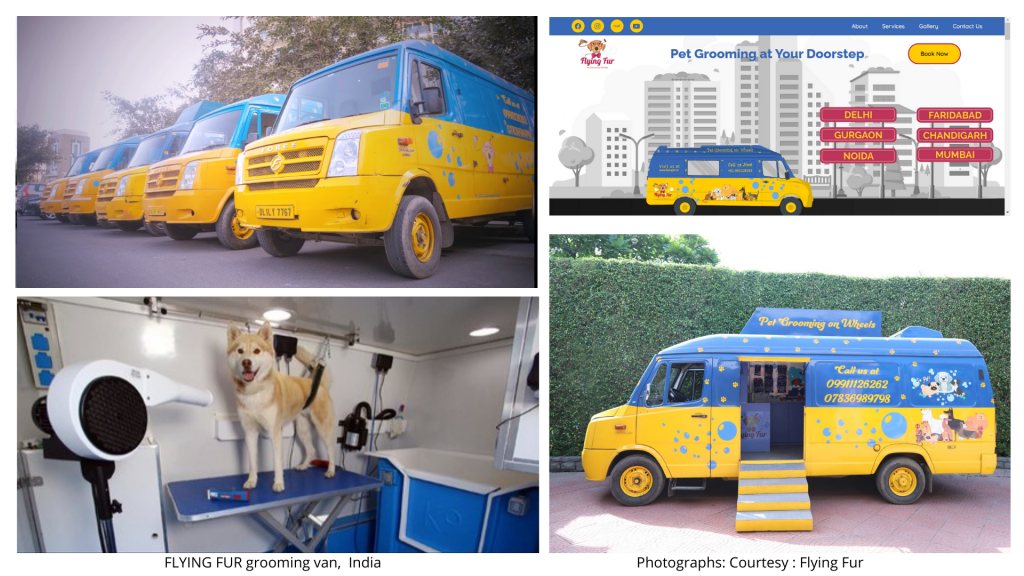
Grooming On the Move
Flying Fur, co-founded by Jessica Madan and Lakshya Sawhney in 2016, came into existence to find a solution for car sickness and separation anxiety that pets and their parents encountered when traveling to grooming centers or during grooming sessions. The solution provides personal, uninterrupted attention in a quiet, stress-free luxury salon experience inside state-of-the-art, unmistakably branded, air-conditioned grooming vans parked at the pet’s doorstep. Each mobile grooming center is equipped with running water, a full-size tub, an adjustable grooming table, grooming equipment and a groomer to ensure a stress-free personalized service. They offer high-end products and aromatherapy as part of the spa and grooming sessions. Currently a fleet of salons operate across nine major cities in India, serving more than 3000 furry, loyal customers.
Advertisement
Spot On Online
Dogspot, co-founded in 2007 by Rana Atheya and Vizal Atheya, is India’s biggest online platform for pet care. In Jan 2016, respected Indian business leaders like Ratan Tata and Ronnie Screwala invested in the company, helping the business achieve revenues of over $10 million USD with just 20 employees. The portal, offering an assortment of more than 2000 products primarily comprised of private label, national and international brands, receives daily traffic of at least 2000 people. Online, the brand has built a community of roughly 500,000 followers and engages with them through value-added content on social media. Offline, it has built its repertoire with value-added services, such as free pet care in collaboration with veterinary hospitals, boarding, training and a rescued pet adoption service. During the pandemic, its focus has been to ensure 100 percent fulfillment of all orders of pet food and other essentials and to offer knowledge on managing pets during the lockdown by teaming up with top trainers, veterinarians and other pet enthusiasts.
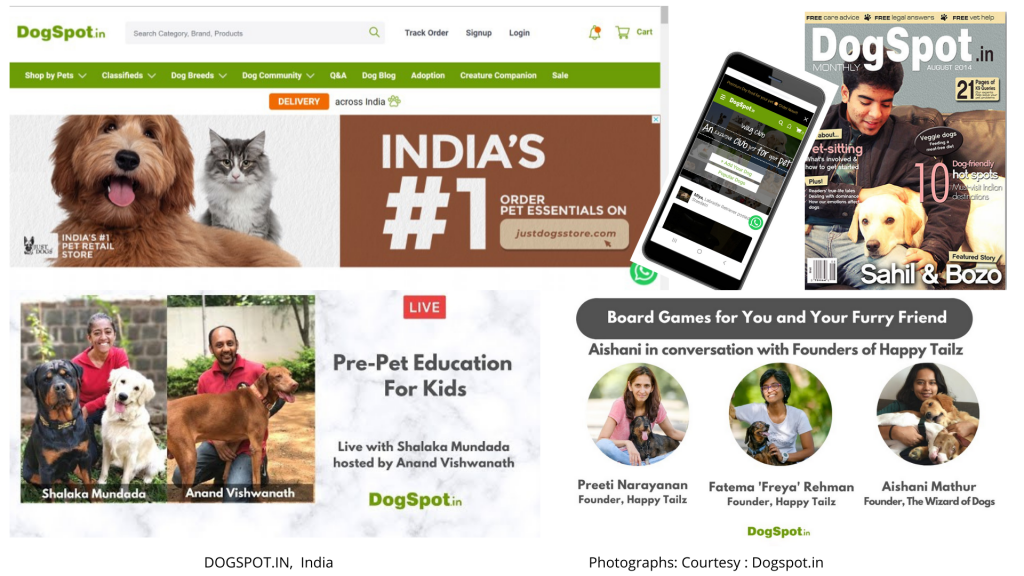
‘Paw’ering the Future
Emerging pre-pandemic trends – quick-paced urbanization, changes in lifestyle, growth in disposable income, increases in double-income households – were driving growth of organized and professional products in the Indian pet care industry. The pandemic has already shown an acceleration of these trend which have redefined a new normal growth rate and demand level for the industry. The collateral effect of this is sure to be a significant and much-needed contribution to the mental health and wellbeing of Indians in the years to come.
Advertisement

 Photo Gallery2 days ago
Photo Gallery2 days ago
 Headlines1 week ago
Headlines1 week ago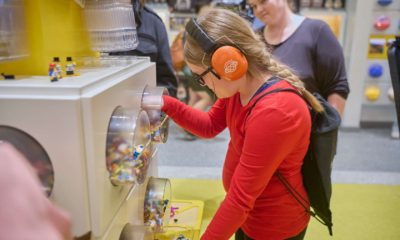
 Headlines2 weeks ago
Headlines2 weeks ago
 Sector Spotlight2 weeks ago
Sector Spotlight2 weeks ago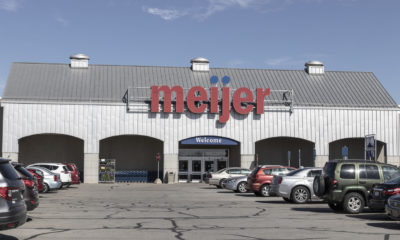
 Headlines1 week ago
Headlines1 week ago
 Headlines3 days ago
Headlines3 days ago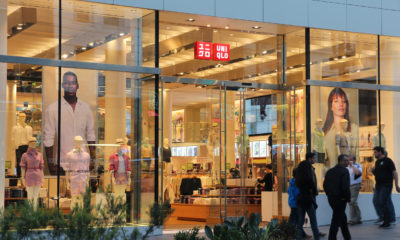
 Headlines1 week ago
Headlines1 week ago
 Designer Dozen1 week ago
Designer Dozen1 week ago



